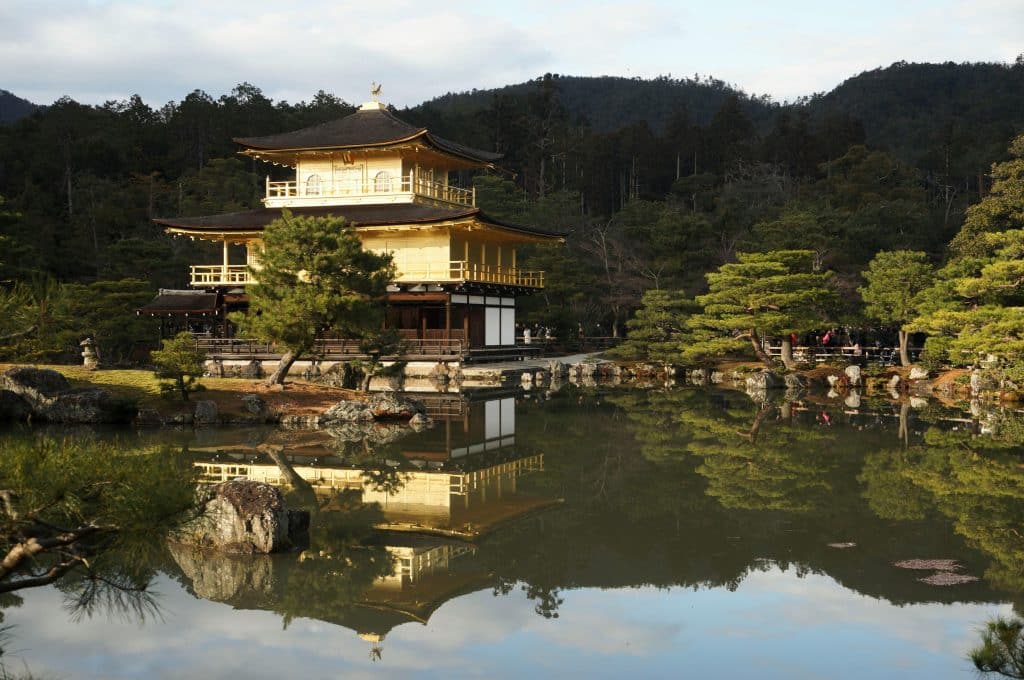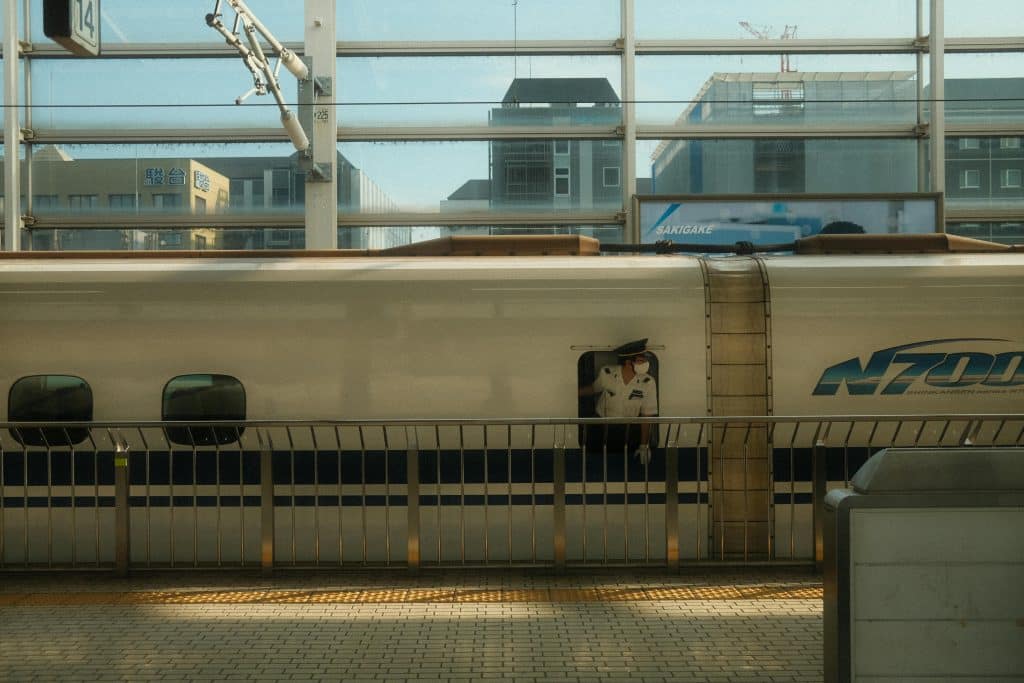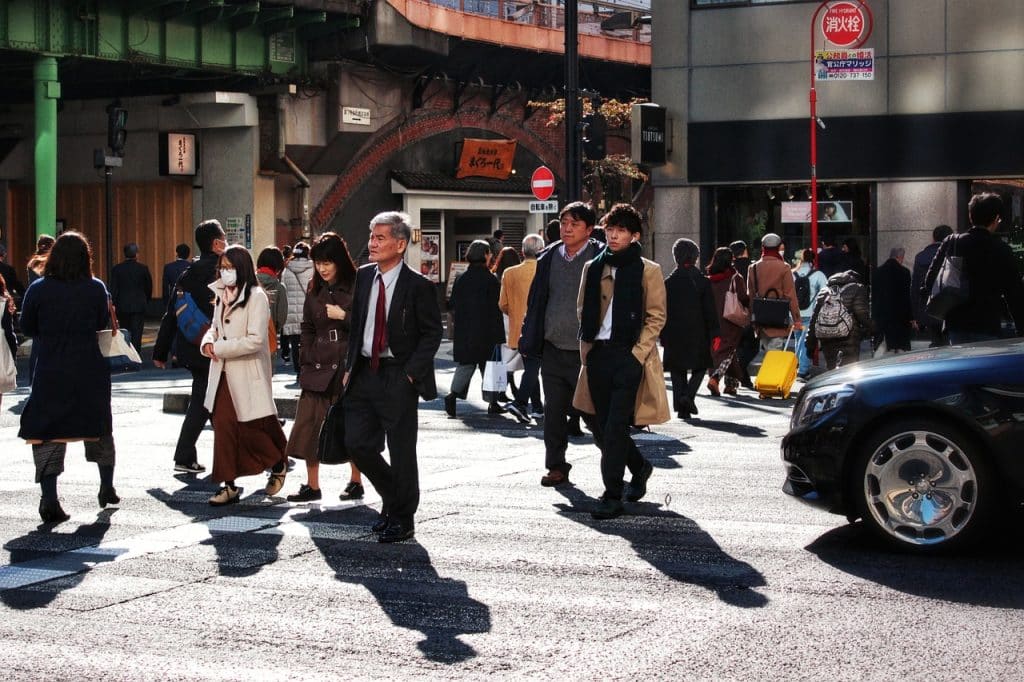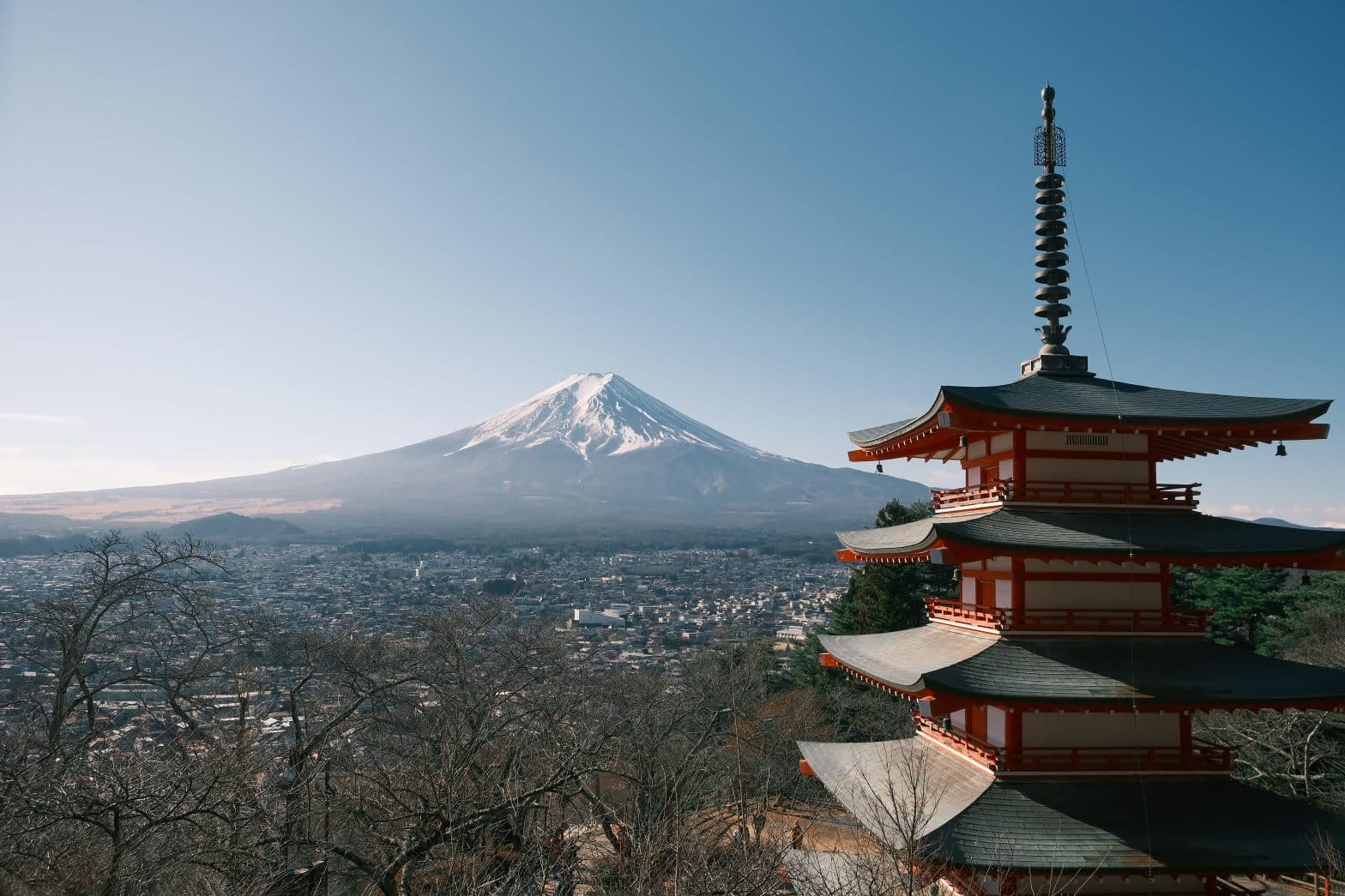Whether you discovered Japan through manga as a youngster, fell in love with its culture or were won over by the beauty of the country during a trip, the idea of moving there can quickly take hold, especially if a professional opportunity presents itself. However, Japan is not just down the road! Moving to this country requires several steps to be taken in advance.
Visas, advantages and disadvantages, integration, work, budget to plan for … we share with you a comprehensive guide to make your expatriation to Japan a success.
The advantages and disadvantages of life in Japan
Advantages
- One of the highest purchasing powers in the world
- A rich culture, with many customs and traditions
- Above-average air quality in Asia
- One of the safest countries in the world with a low crime rate
- Exemplary cleanliness of public spaces
- An education system ranked among the best in the world
Disadvantages
- The language barrier is quite significant for expatriates, especially since English is not widely spoken by the Japanese
- A conservative society with strict social norms
- Housing that is often smaller than Western standards
- A long flight from European countries (more than 12 hours)
What visa do I need to live in Japan?
Any expatriation project begins with obtaining the right visa. In Japan, this is mandatory for stays of more than 3 months.
The certificate of eligibility, the preliminary stage
To obtain a medium- to long-stay visa, the country has the particularity of having a preliminary stage to the visa application: obtaining a ‘Certificate of Eligibility’.

To obtain it, each expatriate must have a Host Organisation (HO), similar to a Japanese sponsor (employer, educational establishment, etc.) who will apply for this certificate from Japan at the local immigration office. This is a formality that is generally quite straightforward.
The different visas available
Once you have obtained the Certificate of Eligibility, you have the choice between several visas:
- Long-stay and/or work visa: for all stays of more than 90 days.
- Working Holiday Visa (WHV): reserved for people between the ages of 18 and 30 and generally valid for one year.
- Student visa: to study in Japan, valid for a period of 6 months to a maximum of 2 years.
- Spouse visa: for a foreigner who wishes to settle with their Japanese spouse.
A new visa has also been introduced: the digital nomad visa. Introduced on 31 March 2024, this visa is for remote workers wishing to stay temporarily in Japan. However, it is only valid for a maximum of 6 months.
Accommodation in Japan
Where to live as an expat?

When expatriating, foreigners often choose to settle in Tokyo. The Japanese capital has more than 580,000 expatriates, mainly motivated by the professional opportunities in the megalopolis.
Kyoto is also a destination of choice, less populated than the capital and more traditional.
For those looking for a laid-back city, Osaka may be a good compromise, both active and popular.
Other cities are also worth considering for expats, particularly Tokyo, Kyoto, Yokohama, Fukuoka and Naha.
Which accommodation to choose and at what price?
In Japan, accommodation comes often in the form of small apartments. Larger houses are generally located on the outskirts of cities, in residential areas or in the countryside.
In terms of price, the cost of renting or buying a property varies from city to city. In Tokyo, renting a studio with one bedroom in the city centre costs an average of 1,050 euros per month, compared to 560 euros in Osaka.
The cost of living in Japan
How much should you budget for each month?
The cost of living in Japan is one of the highest in Asia. The monthly budget that an expatriate should plan for is 1,260 euros, including rent. A family of four, on the other hand, needs a budget of 3,800 euros per month.

Shopping is the biggest expense in Japan, whether in supermarkets or small convenience stores (konbini). On average, milk costs 220 yen (1.40 euros) per litre, rice 600 yen (3.55 euros) per kilo and meat 2,030 yen (13 euros) per kilo.
If you are interested in the subject, please refer to our comprehensive guide to the cost of living in Japan.
Difference in the cost of living in Japan compared to the UK
On average, the cost of living in Japan is approximately 49% lower than in the cost of living in United Kingdom. However, this figure can vary significantly depending on individual lifestyles and locations. For instance, in major Japanese cities like Tokyo and Osaka, housing costs are notably higher due to a competitive property market. Additionally, recent trends indicate a rising cost of living in Japan, with service-sector sentiment declining as of February 2025.
Therefore, while Japan may appear more affordable than some Western European countries on paper, actual expenses can fluctuate based on personal choices and specific areas of residence. Expats often have higher expenses, for example with cultural activities and more frequent outings, and by sending their children to private schools.
Getting around
The transport network in Japan is known for being comprehensive and, above all, punctual! Metro, TGV, train, bus, taxi …delays are rare.
Several applications exist to make your journeys easier, including Google Maps. This allows you to easily search for routes, timetables and fares, all centralised on a French interface.
Transport fares vary according to the distance travelled. It is therefore recommended that you use an IC transport card, which can be topped up with the amount of your choice and is accepted on most public transport.

For intercity travel, the shinkansen, the Japanese high-speed train, is the fastest option. It offers express travel but can be expensive. Some slower regional trains serve the same destinations at a lower cost.
For drivers, many European licences are convertible into a Japanese licence, called a gaimen kirikae. And if you are from the UK, you do not even have to get used to driving on the left!
Working in Japan
In Japan, the work ethic is omnipresent, and the average monthly salary is 2,300 euros. The Japanese labour market offers many opportunities but remains quite difficult for expatriates to access. For local or national job offers, fluency in Japanese is often required.

Expatriates generally work in international companies in the tourism, industrial or service sectors.
The Japanese healthcare system
The Japanese healthcare system is considered to be one of the best in the world. All residents staying for more than three months must take out national health insurance, which covers on average 70% of medical expenses. It provides access to high-quality care, although there are some waiting times.
Many expatriates therefore opt for international private insurance. This insurance offers them coverage both in Japan and in their country of origin, faster access to care and the choice of healthcare facility where they can receive treatment.
Schooling for your children in Japan
In Japan, children attend primary school until the age of 11, then junior high until the age of 15 and finally high school until the age of 18. Expats can send their children to international schools, such as the American School in Japan (ASIJ) in Toky0 or the British School in Tokyo (BST).
Essential things to do in Japan
- Discover the jewels of Tokyo, including the Senso-ji Buddhist temple, the Tokyo Imperial Palace or try your hand at shopping in Ginza.
- Try the local ramen, soba and udon stalls.
- Discover the Ponto-cho district in Kyoto, known for its geisha houses and traditional architecture.
- Go to the Nishiki market and discover Kyoto’s products and cuisine.
- Visit Mount Fuji and explore its surroundings.
- Attend the Ueno cherry blossom festival at least once.
- Experience a Japanese public bath by going to a sento.
